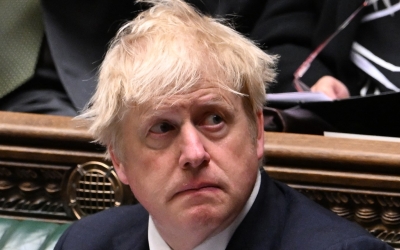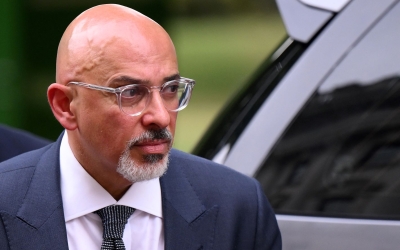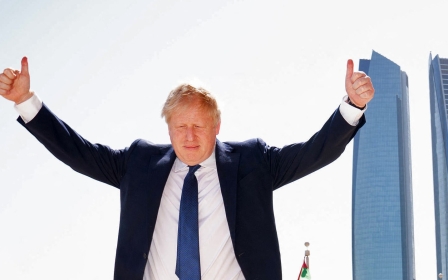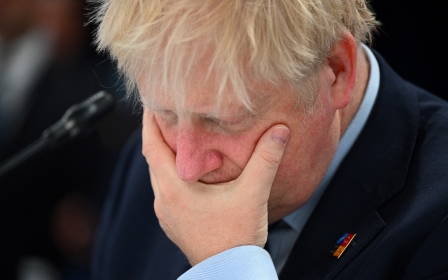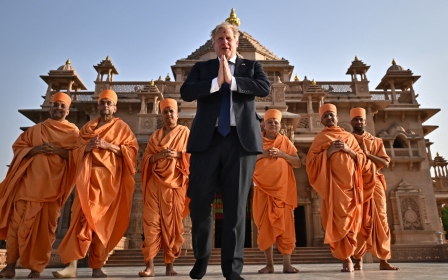Boris Johnson is out. But his ugly brand of politics will go on
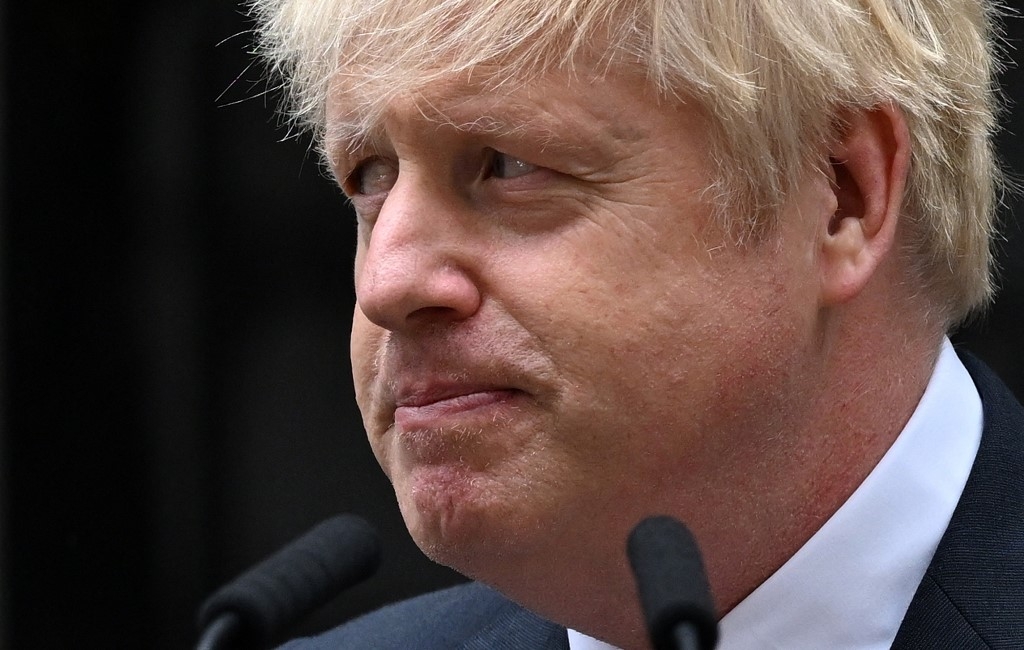
There has been relief and exultation today at news that the end of Boris Johnson's sordid premiership is in sight. Wholly understandable.
But I have sombre tidings for those who expect change: it’s most unlikely. The next Tory leader will almost certainly pursue the same policies as Johnson.
Johnson was brought down because of his greed, venality, abuse of power and habitual deceit
On Brexit. On civil liberties. On the Human Rights Act. The same English nationalism and cheap, ugly, vicious populism.
Remember that Johnson was not brought down because of his policies. These were popular among Tory members, many of whom thought he did not go far enough.
He was brought down because of his greed, venality, abuse of power and habitual deceit.
Eventually this became too much to stomach, even for the most ardent Brexit-supporting Tories.
Who comes next?
Conservative politicians haven’t changed their minds about anything else - something I think will become apparent as soon as the Tory leadership election gets properly underway next week.
This is the election that will determine who will become Britain's next prime minister.
The system works like this: Tory MPs run a series of ballots that narrows the choice down to two candidates.
Those candidates then put their case before Tory members in the country.
This is the system that made Boris Johnson prime minister three years ago in the summer of 2019 and it's the system that will elect his successor.
This means we can expect the same kind of winner: a politician set on confrontation with Europe, weaponising immigration, attacking the rule of law, tearing up the Human Rights Act and ripping apart the Northern Ireland protocol.
In other words, the next Tory leader will wage war on the fundamental tenets of liberal democracy, just as Boris Johnson did.
Tory members will choose
Bear in mind there are less than 200,000 members of the Conservative Party. They tend to be elderly, white, insular - and hostile to the European Union. Many are former members of UKIP, the right-wing party formerly led by Nigel Farage.
Unsurprisingly, surveys prove that large numbers of them are bigots.
A poll carried out by YouGov (set up by current chancellor Nadhim Zahawi) found that two-thirds of Tory members believe the noxious conspiracy theory that parts of the UK are governed by sharia law, and 45 percent think some parts of Britain are dangerous for non-Muslims to enter.
Britain will have a new face in Downing Street this autumn. But the Johnson project is likely to carry on regardless
This tiny and unappetising congregation of Tory members comprises less than half of one percent of the British population. Yet they will ultimately choose the next Tory leader.
That’s why Michel Barnier - EU negotiator over Brexit - was almost certainly too optimistic when he said today that “the departure of Boris Johnson opens a new page” in Britain’s relations with Europe.
Tory grandee Michael Heseltine forecast that the end of Johnson meant the end of Brexit. Dream on, Lord Heseltine.
All available evidence shows that anyone advocating a closer relationship with Europe stands a negligible chance of winning the Tory leadership.
The billionaires' vote
As I described in Middle East Eye last month, Johnson sustained himself in power thanks to the support of two powerful and allied groups.
First, the billionaire Tory donors who - in an ugly and deeply troubling mutation of democratic politics – today control the party.
Second, the big newspaper proprietors – Rupert Murdoch, Lord Rothermere and the Barclay family. They all backed him to be Tory leader three years ago, then threw their support behind him in the 2019 general election.
With the single exception of the Murdoch-owned Times, which turned on Johnson at the last possible moment, all three backed Johnson right up to his departure this morning.
As night follows day, the mainstream press, in alliance with the billionaire donors, will seek to choose Johnson’s successor.
It will take a brave politician to defy their wishes. Jeremy Hunt, former foreign secretary, is the most likely to challenge this oligarchical system.
If he does, he will fail.
Remember that all the leading candidates in the leadership contest served in Johnson’s cabinet. They supported his policies, and in many cases repeated his lies.
Take for example the resignation letter sent by Sajid Javid to the prime minister yesterday, insisting that the British people expected “integrity” from the government.
Has it really taken Javid three years to wake up to the fact that Johnson is a habitual liar? And let’s not forgot how, even as health secretary, Javid repeated Boris Johnson's mendacious claim, now under investigation by the National Audit Office, that he was building 48 new hospitals.
Rishi Sunak is equally compromised.
The same applies to anyone who served in the Johnson cabinet. They cannot disown his legacy. Britain will have a new face in Downing Street this autumn. But the Johnson project is likely to carry on regardless.
Middle East Eye propose une couverture et une analyse indépendantes et incomparables du Moyen-Orient, de l’Afrique du Nord et d’autres régions du monde. Pour en savoir plus sur la reprise de ce contenu et les frais qui s’appliquent, veuillez remplir ce formulaire [en anglais]. Pour en savoir plus sur MEE, cliquez ici [en anglais].



